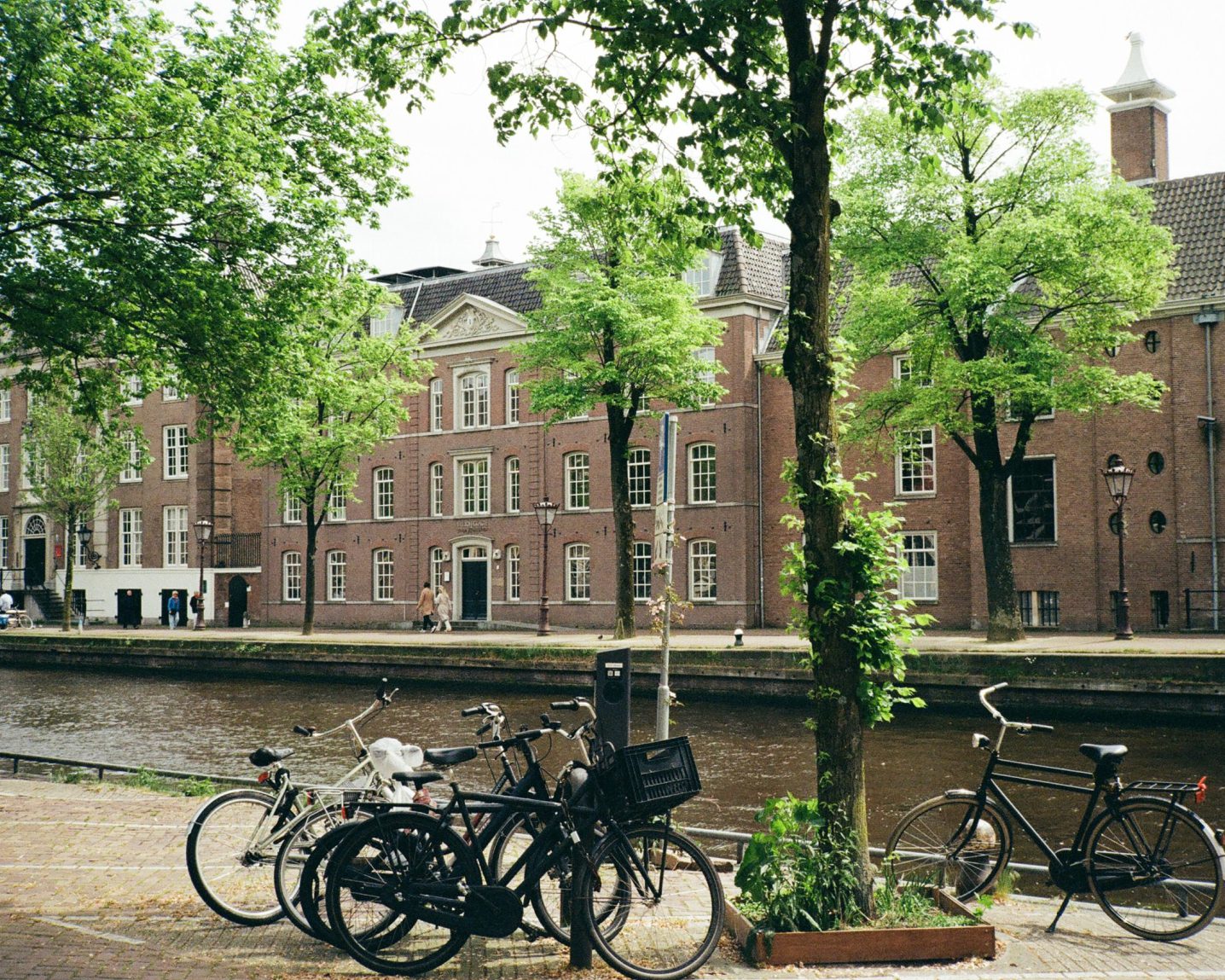Is the Netherlands bringing climate adaptation policies to implementation on time?
That the climate is changing and that we need to prepare for it, we know by now. Plans and ideas abound, but bringing them to fruition is proving challenging. Rebel has laid the foundation for the National Implementation Programme Climate Adaptation. This maps across the breadth of climate adaptation where action is already being taken and – more importantly – where we need to work harder. The Implementation Programme was presented and approved by the Council of Ministers.

The challenge
We are also noticing the changes in our climate in the Netherlands. Hotter summers, tropical rainstorms, increasing drought and a rising sea level will increasingly determine the news. The impact affects everyone: young or old, rich or poor, human and animal. Just think of the increasing foundation problems, more pollen allergies, the consequences of curbed inland shipping or the disappearance of flora and fauna that cannot cope with the rapid changes.
So, besides saving energy, by installing solar panels and wind turbines, we also need to arm ourselves against climate change. Climate adaptation has become a topic nobody can ignore in recent years. Policies need to be implemented quickly. On 17 November 2023, the National Climate Adaptation Implementation Programme was presented to the Council of Ministers, exposing where we stand and the challenges we need to tackle at a rapid pace. Rebel laid the groundwork for this document by providing the research, structure, and content.
The approach
As a kick-off to the process, a meeting with over 100 climate adaptation professionals was organized on 9 March. From this, a clear picture emerged: there is increasing attention and commitment to climate adaptation, and hardly a policy area was mentioned that is not affected. But the challenges are being tackled at different speeds.
Some policy fields have a long tradition. Take water safety, for example. Flood defenses have kept our feet dry for decades, and close attention is being paid to whether retrofitting is needed to cope with rising sea levels. Despite the scale of the challenge, implementation of plans is at a mature stage. The awareness is there.
Less sharp is the future-proofing of vital infrastructure. In itself, security of supply is the top priority of service providers of infrastructure networks, such as energy or drinking water supply. But the risks of climate change are not always in the picture. In particular, consider the cascading effects of the loss of one particular network, which also creates problems for other networks and infrastructure. For example: will data centers still function if cooling water is scarce during droughts? And how will this then affect our information and energy networks?
In the urban context, there are initiatives, but for now, they remain small-scale. More nature in the city is an important solution to climate problems such as heat stress and flooding. Not many people will be against more green in the city, but in practice, it often turns out to be recalcitrant. Municipal budgets are reserved for all kinds of solutions, such as sewerage, but other (and more limited) resources are available for greenery (and the associated maintenance). This while greenery can contribute to effective water management in the city.
Finally, an entirely different aspect of climate change and adaptation was highlighted; namely, how we experience it as humans. The relationship between climate change and health has been made more often (the value of green and nature is also around the corner here), but phenomena such as climate anxiety or social inequality as a result of climate change are often underexposed. The Implementation Programme does give them the attention they deserve.
This is a small selection of the challenges in the Implementation Programme. Would you like to know more about, for instance, climate adaptation of cultural heritage, nature, or drinking water supply?
Impact
With this programme, the Ministry of Infrastructure and Water Management will take the lead in the coming years and truly work with other parties to prepare us well for future climate challenges.


